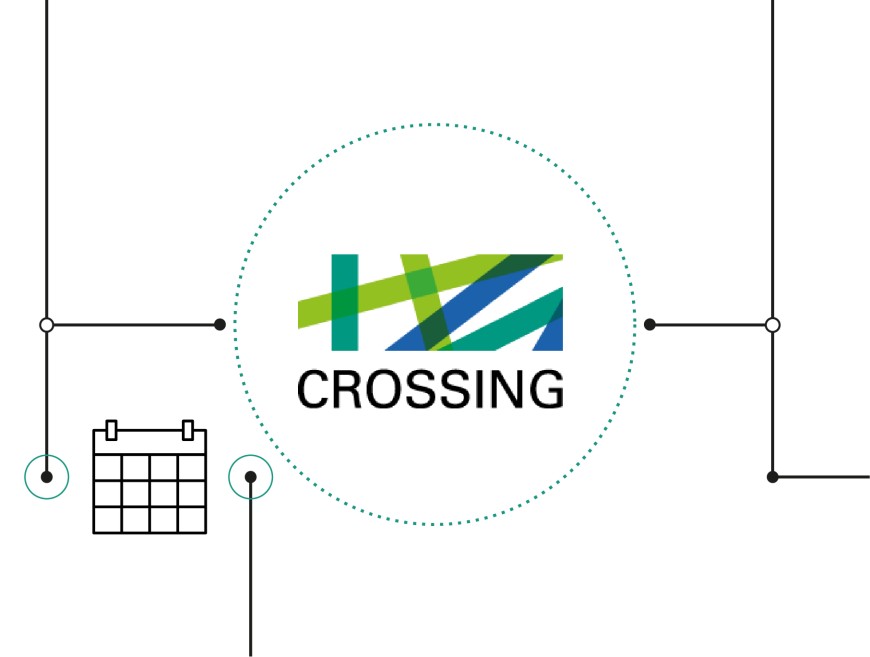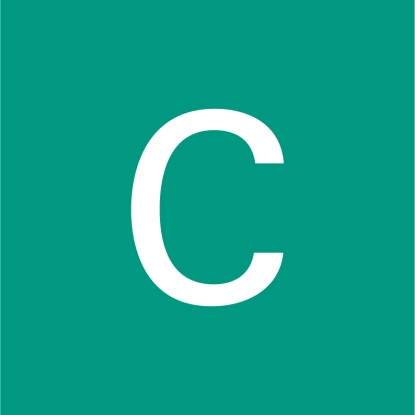CROSSING Guest Talk: Prof. Vlad Kolesnikov
Topic: New Directions in Garbled Computation
2024/06/14 11:00-12:00
Location: TU Darmstadt, Pankratiusstraße 2 (S2|20, 121)

Organizer: Jacqueline Brendel, CROSSING
Abstract
Garbled Circuits (GC) is a principal technique of efficient two-party secure computation (2PC). GC enables efficient computation of programs represented as Boolean circuits, offering constant round complexity and extremely lean per-gate costs. The main concern with GC performance is the size of Boolean circuits of many useful functions. Computed functions may be represented more efficiently in more powerful models of computation, such as RAM machines.
I will talk about several works allowing more powerful models of computation supporting efficient garbling. Time permitting, I will introduce Stacked Garbling (SGC), One-hot Garbling (OHG), Tri-State Circuits (TSC), Garbled Look-up Tables (GLUT). Together, these techniques substantially broaden the power of garbled computation and open promising research directions in applied secure computation.
The talk is based on joint work with David Heath, Rafi Ostrovsky and Lucien Ng.
Speaker Bio
Vladimir Kolesnikov is a professor at Georgia Institute of Technology working in the area of cryptography and security. Prior to this appointment he was a researcher at Bell Labs, which he joined after receiving his Ph.D. at the University of Toronto. His main current research interests are applied secure computation and zero-knowledge proofs. He worked on the design and analysis of Smart Grid networks, Storage Area Networks, wireless and biometric authentication, and other secure systems. His work has been supported by grants and contracts from DARPA, IARPA, ONR, NSF, and Sandia Labs.
Dr. Kolesnikov served as a Program Chair of several conferences (CSCML 2020, SCN 2020, PKC 2023, CANS 2023) and general chair of Crypto 2020 and ACNS 2015. He was a member of the Board of Directors of the International Association for Cryptologic Research (IACR).


